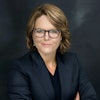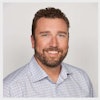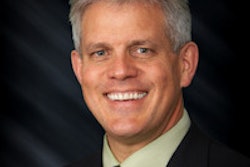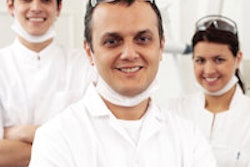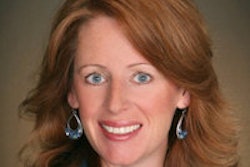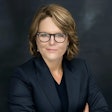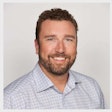North Dakota lawmakers are considering a bill to allow certified advanced dental hygienists to perform some procedures now done by dentists under a dentist's supervision. Advocates of the bill say these practitioners will fill a gap in dental care in rural areas and on Indian reservations.
Supporters of the Senate bill, SB2354, say the measure would alleviate a shortage of dentists that now affects 40% of North Dakota's counties and is expected to worsen as dentists retire, according to an inforum.com story.
In its present state, the bill would allow advanced dental hygienists to perform the following:
- Oral evaluation and assessment of dental disease and determine treatment plans
- Caries preparation and restoration
- Extractions
- Pulpotomies
- Preparation, placement, and replacement of crowns
- Tooth reimplantation
- Emergency palliative treatment of dental pain and management of dental trauma
The sponsor of the proposal, Sen. Dick Dever, (R-Bismarck), said it was a "common sense North Dakota solution to increasing access to affordable, routine dental care for all North Dakotans," according to the story.
The North Dakota Dental Association opposes the bill, claiming that extra funding could help attract more dentists to the state to address the shortages. The group also proposes expanded dental loan repayment programs, improved dental Medicaid coverage, and expansion of nonprofit dental safety-net clinics.
"This one-size-fits-all approach fails to take into account the unique needs of North Dakotans," Paul Tronsgard, DDS, president of the association, is quoted.
Donald Warne, MD, MPH, a member of the Oglala Lakota tribe who supports the bill, said the proposal will alleviate the severe shortage of dental care on the state's Indian reservations.
The North Dakota State Board of Dental Examiners, which licenses dentists, dental hygienists and dental assistants in the state, would create education requirements for advanced dental hygienists. The board opposes the bill, according to the story and is proposing "administrative changes" to expand tasks dental hygienists and dental assistants can do to make dentists more efficient.
Rachelle Gustafson, RDH, president of the North Dakota Dental Hygienists' Association, which supports the bill, said midlevel providers have worked well in Minnesota, helping to expand care and make dentists more efficient.
Supervision, which must include a collaborative agreement, could involve video links, so dentists could see inside a patient's mouth while advising a hygienist, she said.
Although the education requirements for the proposed advanced dental hygienists aren't specified, Gustafson said her group prefers a master's degree requirement. Hygienists can have either a two-year associate or four-year bachelor's degree.
If the measure passes, North Dakota would be the fourth state to allow midlevel dental providers (MLPs). Currently, Minnesota and Alaska allow MLPs, and Maine approved a similar bill last year.
